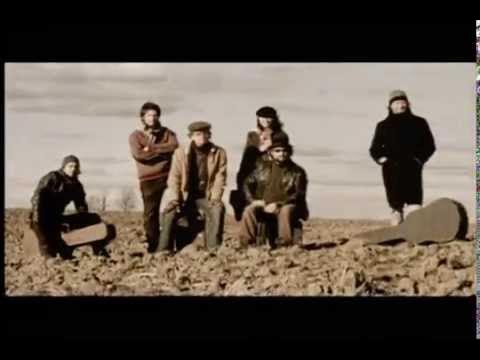If this is silly, we’ll nip it in the bud, but something just occurred to me.
I’ve been dwelling a lot on the Aggaññasutta lately and the old essay by Ven @sujato on the “four dense words” concerning the meditation of the Brahmins, free of coals, etc., with shovels put down. The sutta is often read as a purely ontological text concerning the destiny of sentient beings after the destruction of the kamadhatu, its heavens and its hells, at the end of an aeon, and the birth of beings in the heaven of the second dhyana followed by their descent down through (re)creation – that descent also being their degeneration. Another important point in the sutta is the narrative of the degeneration of the Brahmins from meditators to reciters, from mendicants to townsfolk, mirror by the spiritual degeneration of the gods of streaming radiance into fleshly embodied material beings through their consumption of celestial, then terrestrial, foodstuffs.
The term “gañña” finds an Indo-European cognate in the Greek word “genesis,” though not an exact one (they seldom are between languages). In light of this, “aggañña” is often read as (re)genesis, however “genesis” and “generation” have extremely closely-related roots in the languages on the European side of Indo-European.
Do we think it would be reasonable to read the “a-” prefix on “aggañña” as a negatory prefix, bringing the meaning closer to the term “degeneration” if we read gañña as generation, and perhaps implying a “regenesis/degeneration” wordplay in the title of the sutta?
As a frivolous aside, I will end with a popular Canadian song about the changing of the times, the changing of the generations, as framed as “degeneration.”
I really like this song, but find the lyrics near-unbearably naïve and more than a bit reactionary.
